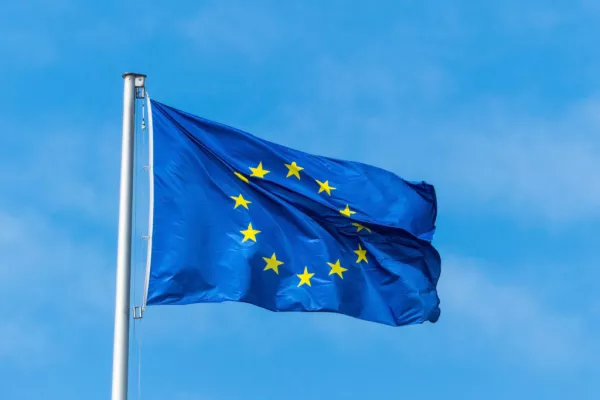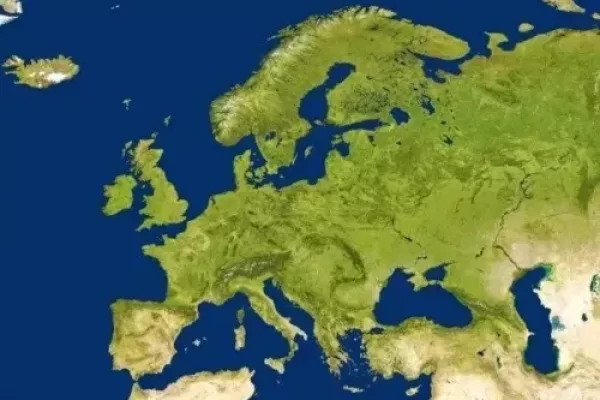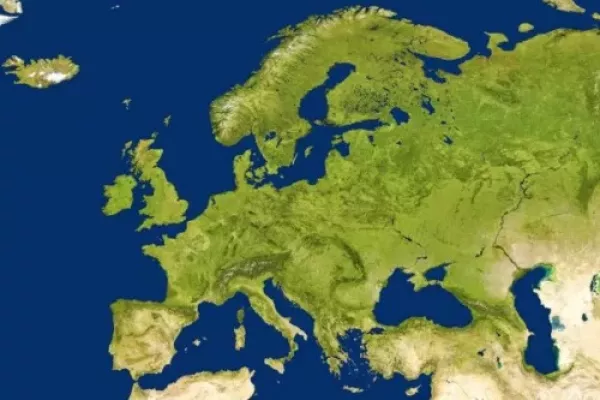Few things flow through the historical veins of Europe’s common market as readily as alcohol, especially when it comes to Britain.
After the family cognac business took him from the vineyards of southwest France to the bustle of London, future diplomat Jean Monnet developed his vision for free trade and became a chief architect of European integration. Now, it’s whisky producers who are concerned his work will be undone if the UK votes to leave the European Union.
Scotch distillers are rallying to keep Britain in, arguing a “Brexit” would jeopardize hard-won market access and make a dram pricier for consumers abroad just as exports decline. Like French wine and cognac, whisky can be sold freely within the 28 member states and the EU’s heft as the world’s richest economic bloc means it gets lucrative tariff deals with emerging markets.
“We’re very clear, we’re for the U.K. being in the EU,” said Ivan Menezes, chief executive officer of Diageo, whose brands range from Johnnie Walker to single malts like Dalwhinnie and Lagavulin. “You’re better off in free trade agreements if you’ve got more clout, and the EU brings more clout to the table.”
Beyond Tartan
Despite its tweeds-and-tartan image, Scotch is anything but a cottage industry.
Whisky is Britain’s largest food and drink export by far, worth more than £4 billion annually and directly employing 10,000 people at 115 distilleries in Scotland, according to the Scotch Whisky Association, a trade body based in Edinburgh. It voiced concern over Scotland leaving the UK during an independence referendum campaign in 2014, also because of a belief that bigger is better.
Prime Minister David Cameron is aiming to hold an in-or-out referendum as early as June after negotiating a package of proposed EU reforms mainly around access to welfare payments. With a final deal expected this month and polls showing the vote could be close, Diageo competitor Pernod Ricard also supports the common market.
“Pernod Ricard is a pro-Europe company and is for liberalization of trade around the world,” Alexandre Ricard, CEO of the Paris-based maker of The Glenlivet and Chivas Regal Scotch whiskies, said on Thursday.
Europe’s Influence
While it’s tough to tally the cost of an “out” vote, the biggest fear among whisky distillers is the potential tearing up of the UK’s trading relationships.
Two-thirds of Diageo’s whisky exports, for example, go to developing countries such as India. Import duties on foreign wines and spirits in India are among the world’s highest at 150 per cent. The tax contributed to a decline in the industry’s global exports in the first half of last year, with overall volume and revenue falling about 3 per cent from a year before.
The Scotch Whisky Association has worked with the EU and Indian governments in negotiations to lower the country’s tax rate, but is worried that progress could be hamstrung by a UK exit, said David Frost, the CEO of the association and a former policy representative to the EU.
He’s also concerned about product protection. The EU zealously polices so-called designation of origin rules, whereby champagne must come from the French region of the same name, cognac the same town and Scotch has to be made in Scotland.
Drinking Partners
More broadly, Britain would have to strike a new trade deal with the rest of Europe, a process that could take years. It might also have to renegotiate existing overseas pacts from scratch since the EU works as a single entity for trade purposes and has agreements with countries including South Korea, Mexico and Canada and one in progress with the US.
"The rule of thumb is that it’s hard to put a monetary value on it, but it’s going to add cost to an industry that competes on margin,” Brad MacKay, a professor of business at the University of Edinburgh, said of Britain leaving the EU. The industry “will be less profitable,” he said.
Britain has had a mixed relationship with Europe since joining the single market in 1973. Successive governments have championed the trade benefits while balking at the idea of closer political union. The UK declined to join the passport-free Schengen agreement and stayed out of the euro.
There’s more enthusiasm when it comes to booze. At the less potent end of the market, British drinkers stock up on cheaper wine and beer at French ports, able to travel back home with little or no restriction. For the stronger stuff, France jostles with the US as the biggest importer of Scotch.
Monnet’s Spirit
The scale of economic ties would have impressed Monnet, whose father dispatched him to London as a young man to sell the family’s cognac to Britons before he began a long career as a diplomat and adviser to governments. After World War II, he led the effort to found what eventually became the precursor to the EU.
“The industry has worked extremely hard to remove barriers to entry and leaving the market would cause all kinds of problems,” said Billy Walker, the master blender at BenRiach Distillery in Speyside, whose 35-year-old single malts retail for 430 pounds a bottle. More than 95 percent are exported. "It’s apparent to me this is not a clever thing to do."
News by Bloomberg, edited by Hospitality Ireland









